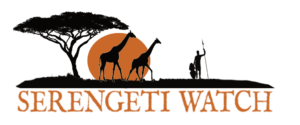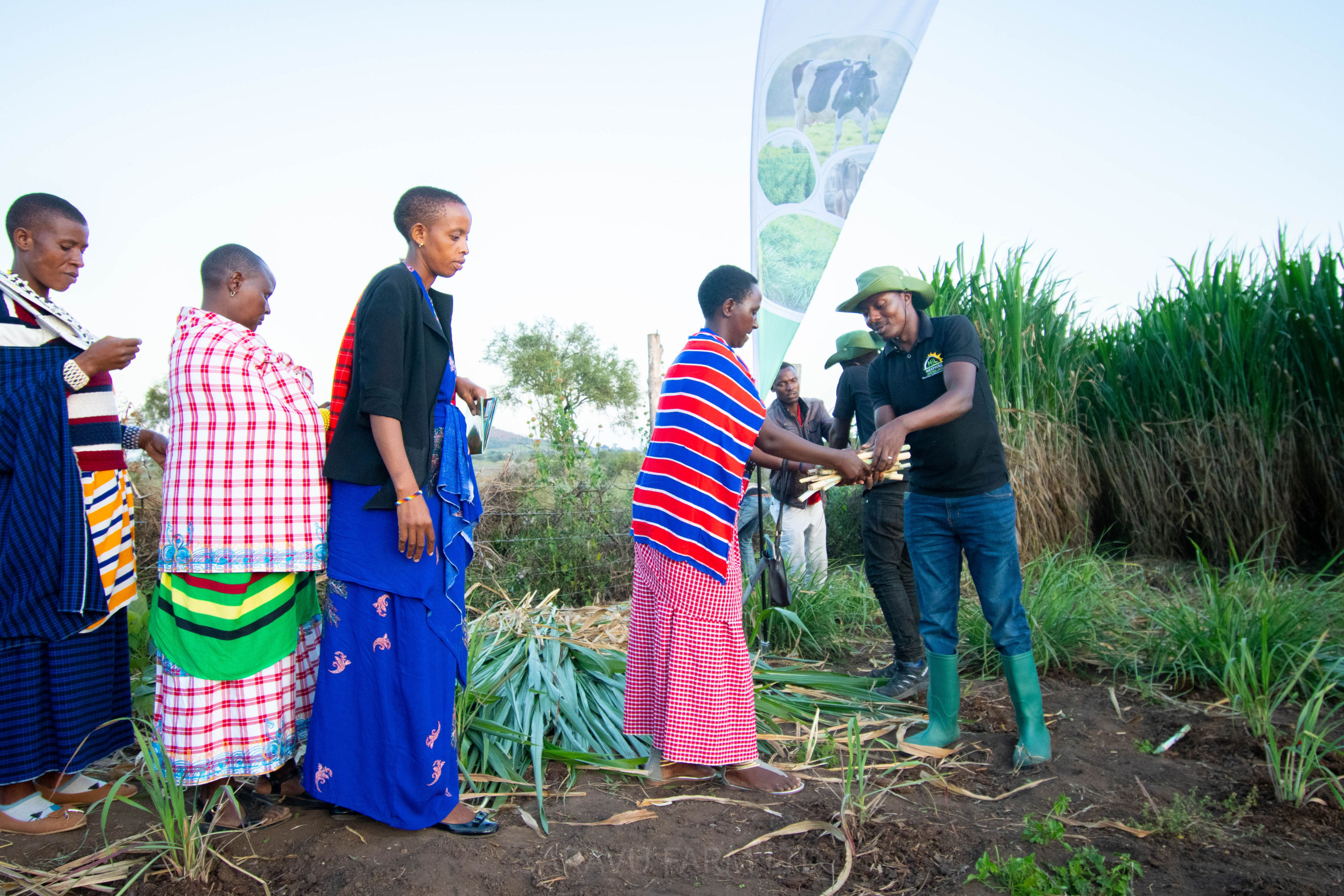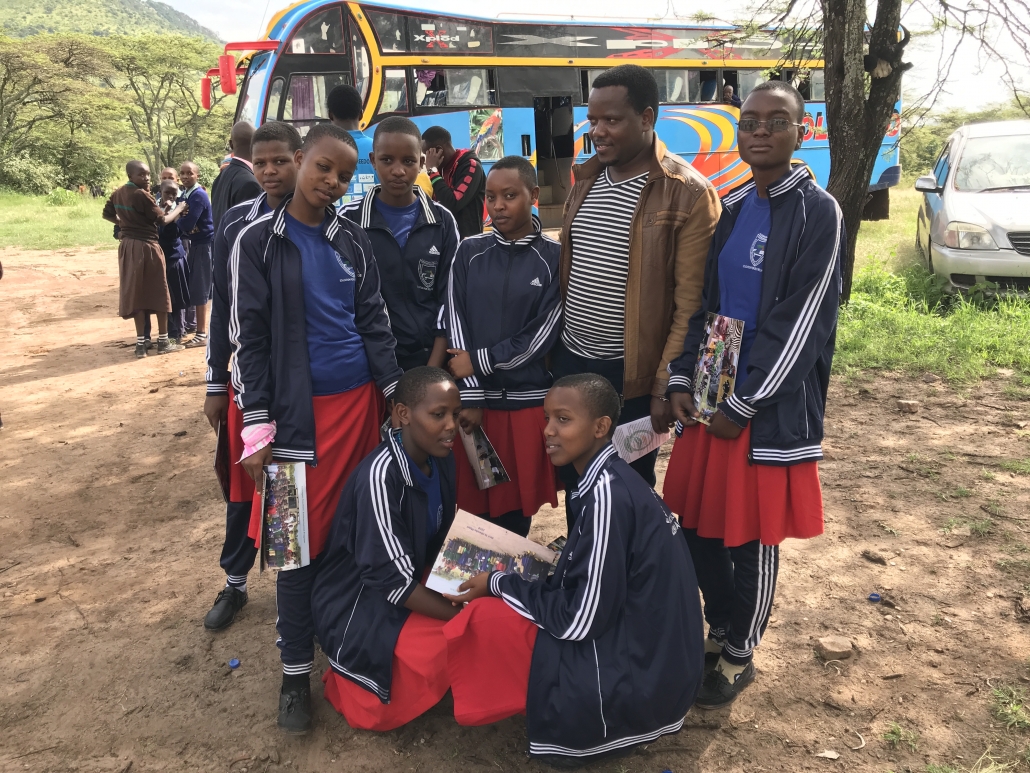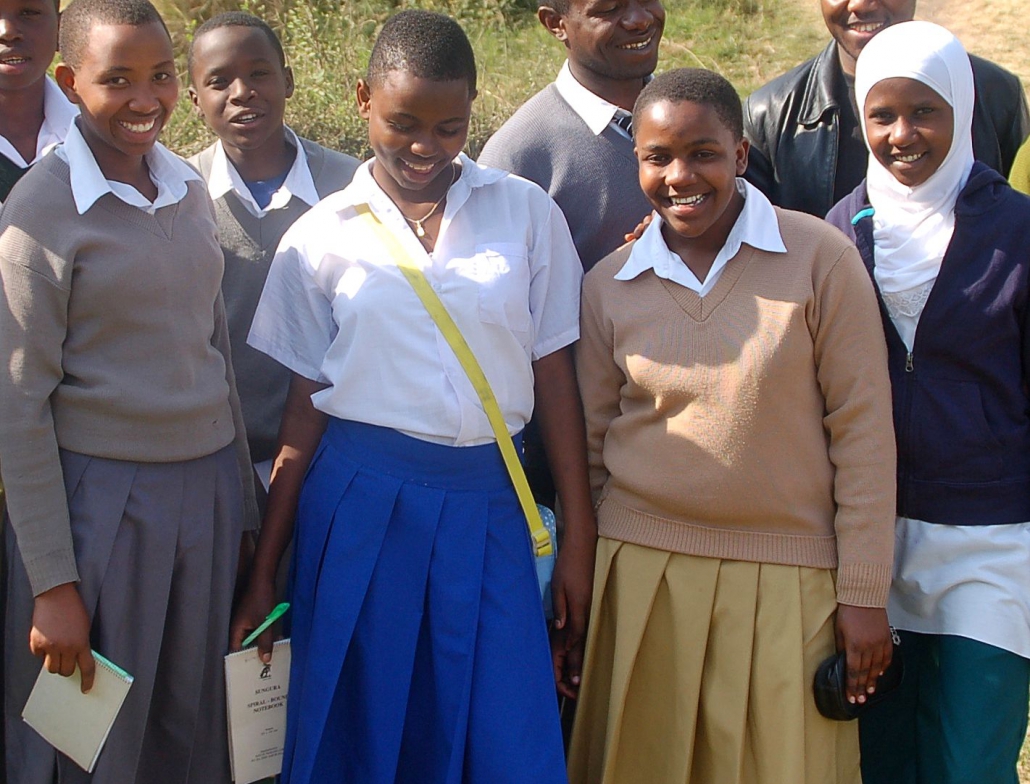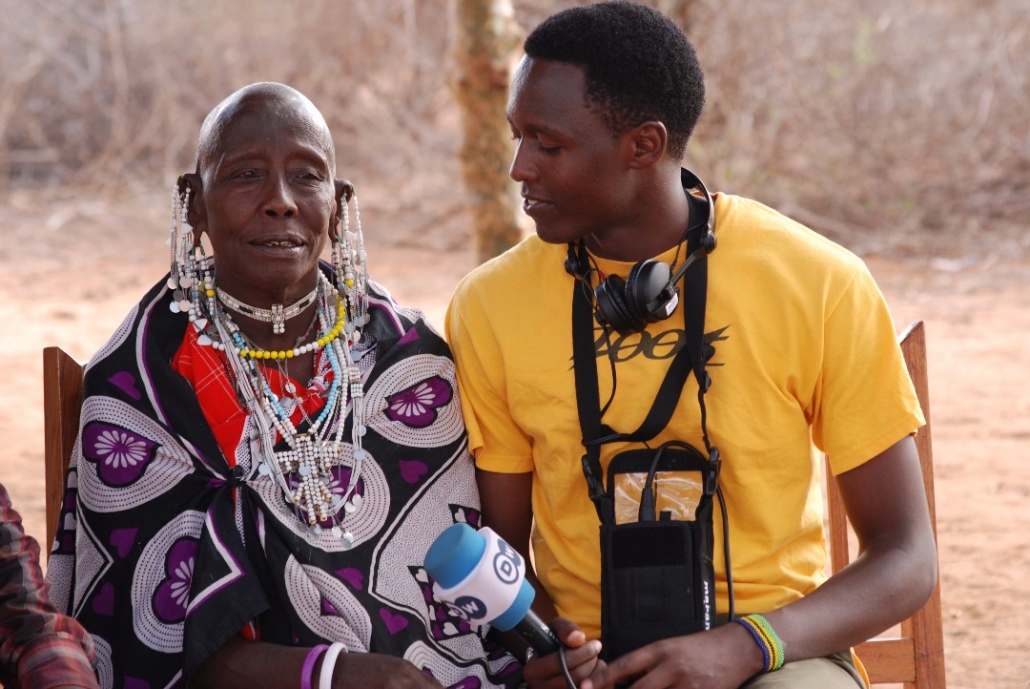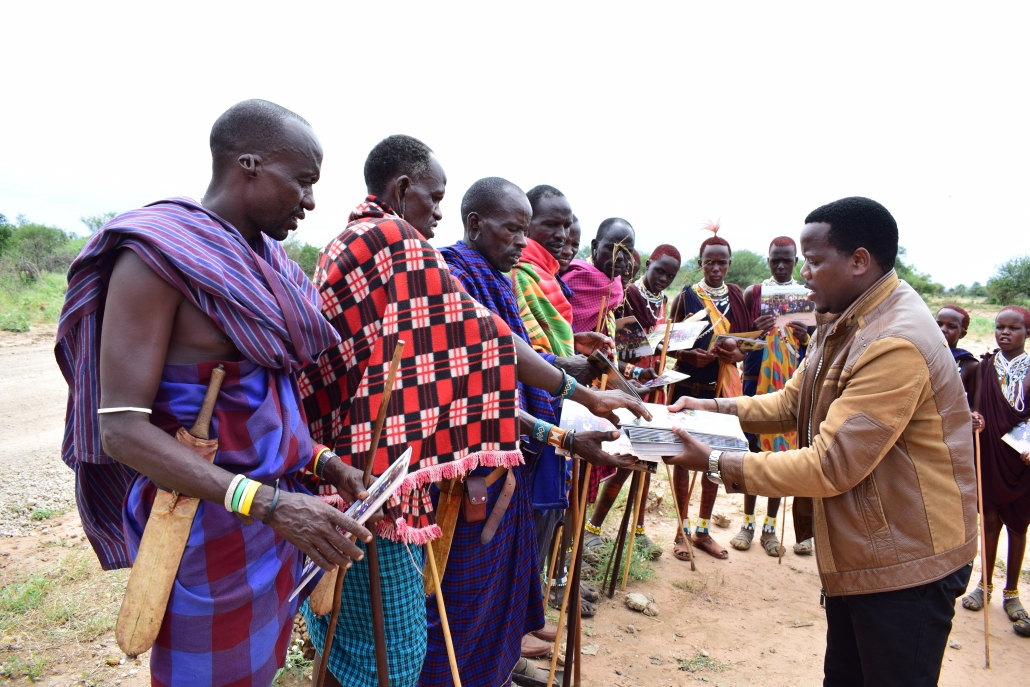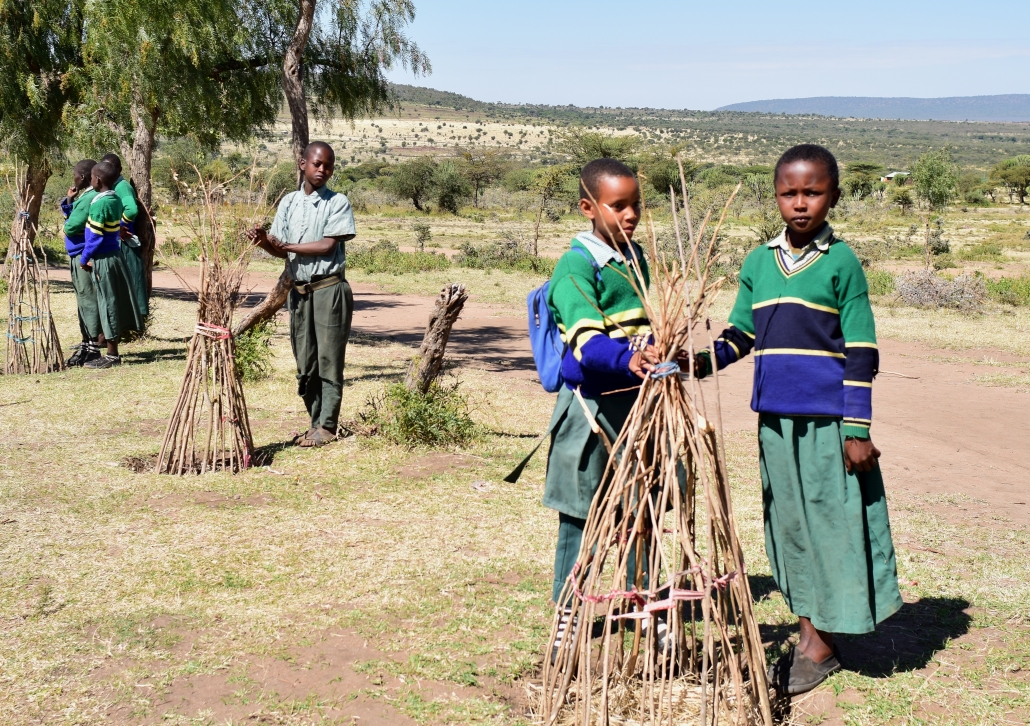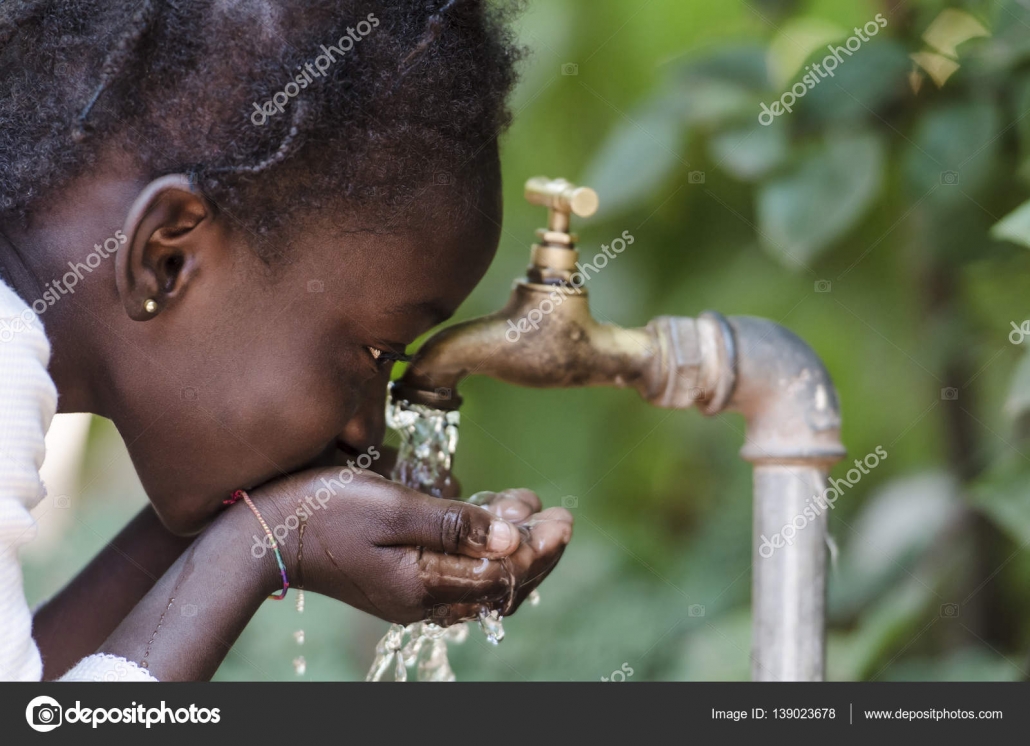Maasai Dairy Program
We’re funding an innovating program designed by and for Maasai to address food security, land use, conservation, and cultural identity. The program was designed by Meyasi Meshilieck, a Maasai with a Science Education degree and years of experience as a teacher. He is the Director of the Serengeti Preservation Foundation, a Tanzanian NGO he founded in 2013.
Learn more: MAASAI ECOAG_PROGRAM
